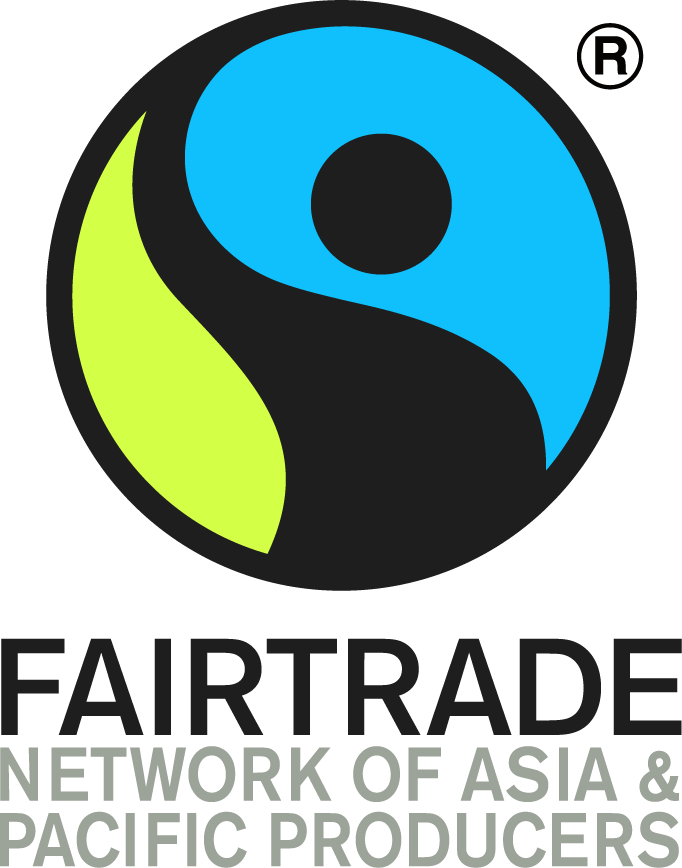Fairtrade NAPP addresses gender equality
Gender inequality in the Asia and Pacific region remains a significant challenge, particularly in the agricultural sector, where women play a critical but often undervalued role. Across these regions, agriculture is a key livelihood source, especially in rural areas, where it provides employment to a large proportion of the population, including women. However, despite their contributions, women often face systemic barriers that limit their access to resources, services, and opportunities in agriculture, thereby perpetuating gender inequality.


The Asia-Pacific region is also particularly vulnerable to the impacts of climate change, which disproportionately affect women in agriculture. Climate-related events such as floods, droughts, and changing weather patterns have a direct impact on agricultural productivity, and women, who often have limited access to adaptive resources, are at higher risk.
Fast Fact: World Bank (2017): According to the World Bank, women make up 43% of the agricultural labor force in countries in Asia, yet their contribution is largely unrecognized due to gender-based divisions of labour and unequal access to resources.


How Fairtrade NAPP address Gender inequality
Gender inequality in agriculture in the Asia and Pacific region is a multidimensional issue that requires targeted interventions to address. Empowering women in agriculture is not only a matter of social justice but also an economic imperative, as reducing the gender gap in agriculture can significantly enhance productivity, food security, and poverty alleviation.
Fairtrade NAPP recognizes that women play a crucial role in agriculture and trade across the region, yet they often face systemic barriers related to gender inequality. Fairtrade NAPPs core strategy aims to address gender inequality, improve the status of women, and promote inclusivity across its fairtrade supply chains. These efforts are designed to empower women, foster gender inclusivity, and support producers in achieving sustainable, gender-sensitive growth. FT NAPP's multifaceted approach addresses both structural and cultural barriers to gender equality, leveraging Fairtrade standards, capacity-building initiatives and others to ensure that women benefit equitably from the fairtrade system.
-
Support Producer Organizations (POs) with Compliance to Fairtrade Standards
-
Targeted Capacity Building Projects and Programs
-
Regional Gender Strategy
-
Fairtrade NAPP Gender Leadership School
-
Internal Monitoring Systems and Remediation Measures
-
Targeted Fairtrade Premium Use for Gender initiatives
-
Advocacy Programs for Gender Equality
-
Collaboration with regional and international organisations
-
Market Access, Awareness and Gender Inclusion
By supporting Fairtrade practices, we can dismantle systemic barriers that limit women's access to resources and opportunities. Let’s work together to ensure that women receive equal pay, leadership opportunities, and safe working environments. Together, we can create a fairer, more inclusive agricultural sector that benefits everyone.
